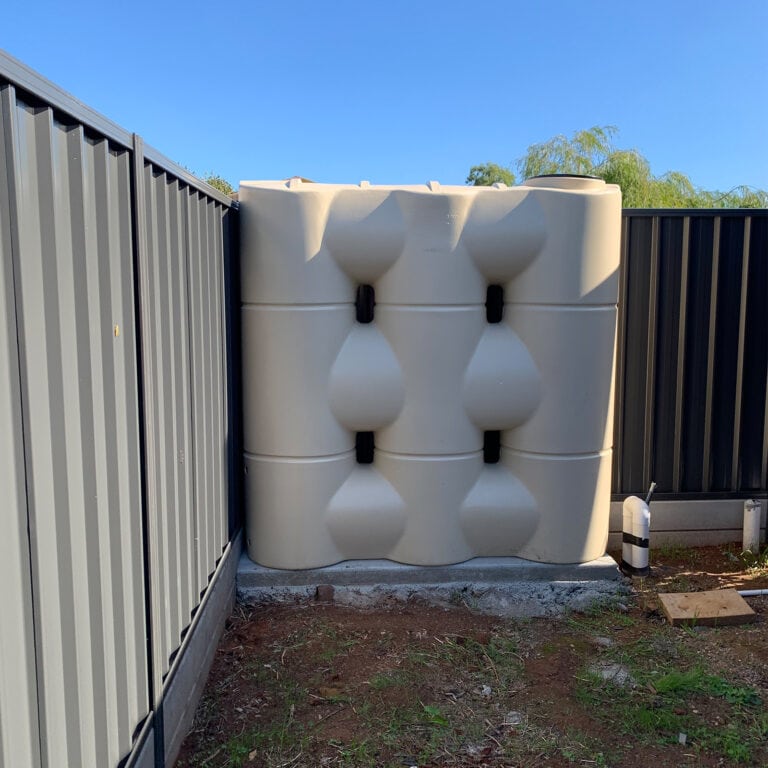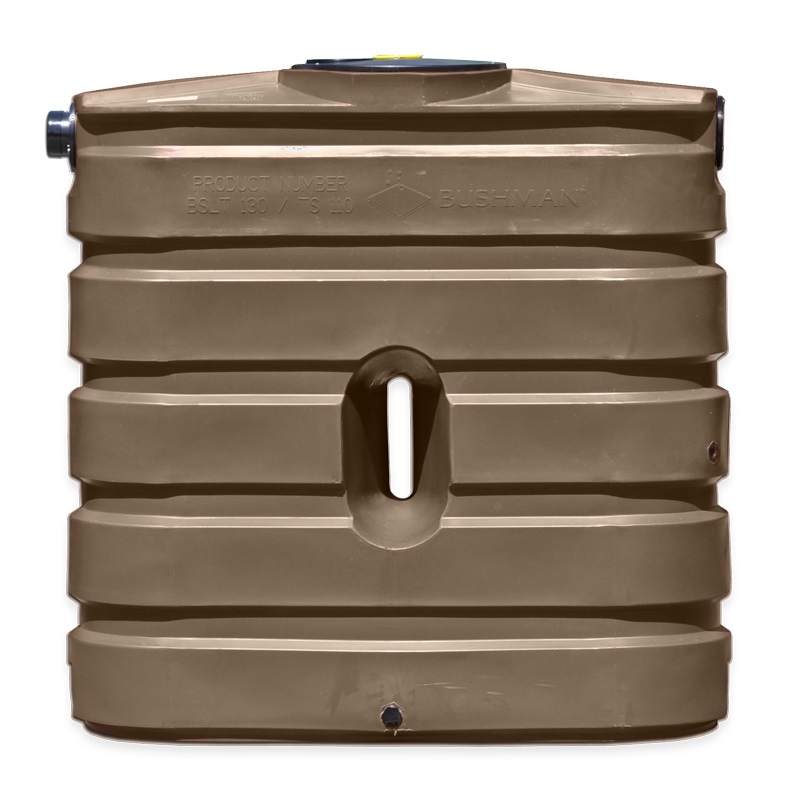Budget Friendly Slimline Water Tanks: Optimize Your Rainwater Harvesting
Budget Friendly Slimline Water Tanks: Optimize Your Rainwater Harvesting
Blog Article
Discovering the Different Usages of Rain Containers for Residential and Commercial Properties
As the international concentrate on lasting living practices remains to intensify, the use of rain storage tanks in both domestic and industrial setups has become a significant service. These storage tanks supply a reservoir for rain harvesting, presenting a myriad of potential applications that expand far past plain storage. From irrigation to commode flushing and landscaping, the adaptability of rain tanks is large. Their assimilation into commercial residential properties opens up a realm of possibilities for environmentally conscious organizations. The multifaceted uses rain containers offer an engaging instance for their fostering, not just as a practical water-saving measure but also as a testament to responsible resource management.
Benefits of Making Use Of Rain Storage Tanks
Using rainwater tanks provides numerous advantages for both families and neighborhoods in regards to water preservation and sustainability. One of the vital advantages of utilizing rainwater containers is the considerable reduction in dependence on mains water system - Slimline water tanks. By catching and saving rainwater for later usage, individuals and communities can reduce their demand for cured water, ultimately relieving the burden on water therapy facilities and reducing energy usage associated with water transportation and therapy
Additionally, rain collecting with storage tanks supplies a trustworthy alternative water resource during times of water restrictions or shortages. This kept rain can be utilized for numerous non-potable purposes such as watering, purging toilets, and cleaning clothes, lowering the strain on standard water resources. Additionally, utilizing rain storage tanks can result in cost savings for both households and communities by decreasing water costs and decreasing the requirement for pricey infrastructure growths to fulfill expanding water demands.
Essentially, the use of rain tanks supplies a sustainable and ecologically pleasant strategy to water management, benefiting both private customers and the more comprehensive area in terms of water conservation, cost-efficiency, and durability.
Rain Container Usage in Irrigation
Provided the benefits of rain storage tanks in saving water sources and decreasing dependence on mains water system, a substantial application exists in making use of stored rain for watering objectives - Slimline water tanks. Rain collecting systems can properly accumulate and save rainwater, offering a sustainable water source for watering yards, grass, and farming areas. By utilizing rain for irrigation, homeowner can decrease their dependence on cured water resources, bring about set you back savings and ecological benefits

Among the primary benefits of using rainwater for watering is its purity. Rain is naturally soft and without the chemicals and additives commonly found in mains water, making it excellent for nourishing plants without the danger of unsafe impacts. In addition, rainwater is at ambient temperature level, which can profit plant growth by preventing temperature level shocks that can accompany chilly keys water.
Rain Tanks for Toilet Flushing

Carrying out rainwater containers for commode flushing is a cost-efficient and eco-friendly practice that can be conveniently incorporated right into both domestic and business properties. The saved rainwater can be utilized to flush commodes by linking the tank to the existing plumbing system. This basic yet effective remedy can substantially decrease water usage in a building, especially in locations where water shortage is a concern.

Integrating Rainwater Tanks in Landscaping
These tanks can record and her comment is here keep rainwater runoff from roofs, which can after that be used for sprinkling gardens, grass, and why not look here plants. By using rain for irrigation purposes, residential or commercial property proprietors can decrease their dependence on community water resources, leading to cost savings and preservation of valuable water sources.
Along with giving a sustainable water resource for landscaping requirements, rain storage tanks can additionally help in taking care of stormwater overflow. By catching rain that would certainly otherwise stream right into storm drains pipes, these tanks can alleviate erosion, reduce flooding risks, and prevent contamination of all-natural water bodies. Incorporating rain tanks in landscape design can contribute to the total aesthetic allure of the property, showcasing a dedication to environmental stewardship.
Industrial Applications of Rain Storage Tanks
Making use of rain tanks in industrial setups supplies a lasting remedy for water monitoring and preservation, profiting companies and the environment alike. One key commercial use is for irrigation objectives, where collected rain can be utilized to water landscape design, yards, and agricultural areas surrounding commercial properties.
Additionally, rain tanks can be integrated right into the fire suppression systems of business buildings. By having a devoted water resource for firefighting functions, companies can enhance their fire precaution and possibly reduce insurance policy premiums. In addition, rainwater collected in storage tanks can be treated and made use of for non-potable functions within business buildings, such as flushing bathrooms, cleansing, and cooling systems. This not just conserves fresh water go to the website resources however also reduces operating expenses for companies. On the whole, the consolidation of rain tanks in industrial settings provides a sensible and ecologically liable approach to water management.
Conclusion
Finally, rain containers supply numerous benefits for both domestic and industrial residential or commercial properties. From irrigation to bathroom flushing and landscaping, using rain containers can aid preserve water sources and reduce water expenses. Furthermore, including rainwater tanks in industrial settings can result in substantial cost financial savings and ecological benefits. Generally, the convenience and sustainability of rain containers make them a valuable investment for any type of homeowner wanting to increase water efficiency.
Report this page